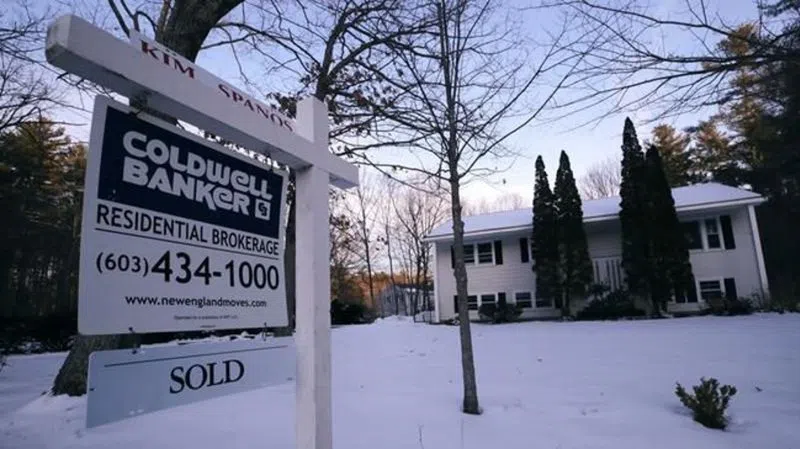
A record low on average 30-year fixed mortgage: 3.29%
Long-term U.S. mortgage rates have sunk to a record low, giving many homeowners an opening to refinance their loans to free up money to spend or save.
The average rate on a 30-year fixed mortgage hit a record low of 3.29% this week from 3.45% last week, mortgage buyer Freddie Mac said Thursday. The decline is being driven by investors shifting money out of the stock market and into the safety of U.S. Treasurys as the coronavirus outbreak has deepened. Long-term mortgage rates tend to track the yields on the 10-year Treasury note, so they typically fall in tandem.
The new 3.29% average rate is the lowest for a 30-year fixed mortgage since Freddie Mac started tracking such rates in 1971.
A steady decline of mortgage rates has created a potential boon for would-be home buyers as well as for homeowners who can refinance into lower-rate loans. Refinancings can lower monthly payments and in some cases allow homeowners to tap additional cash from the equity in their home.


